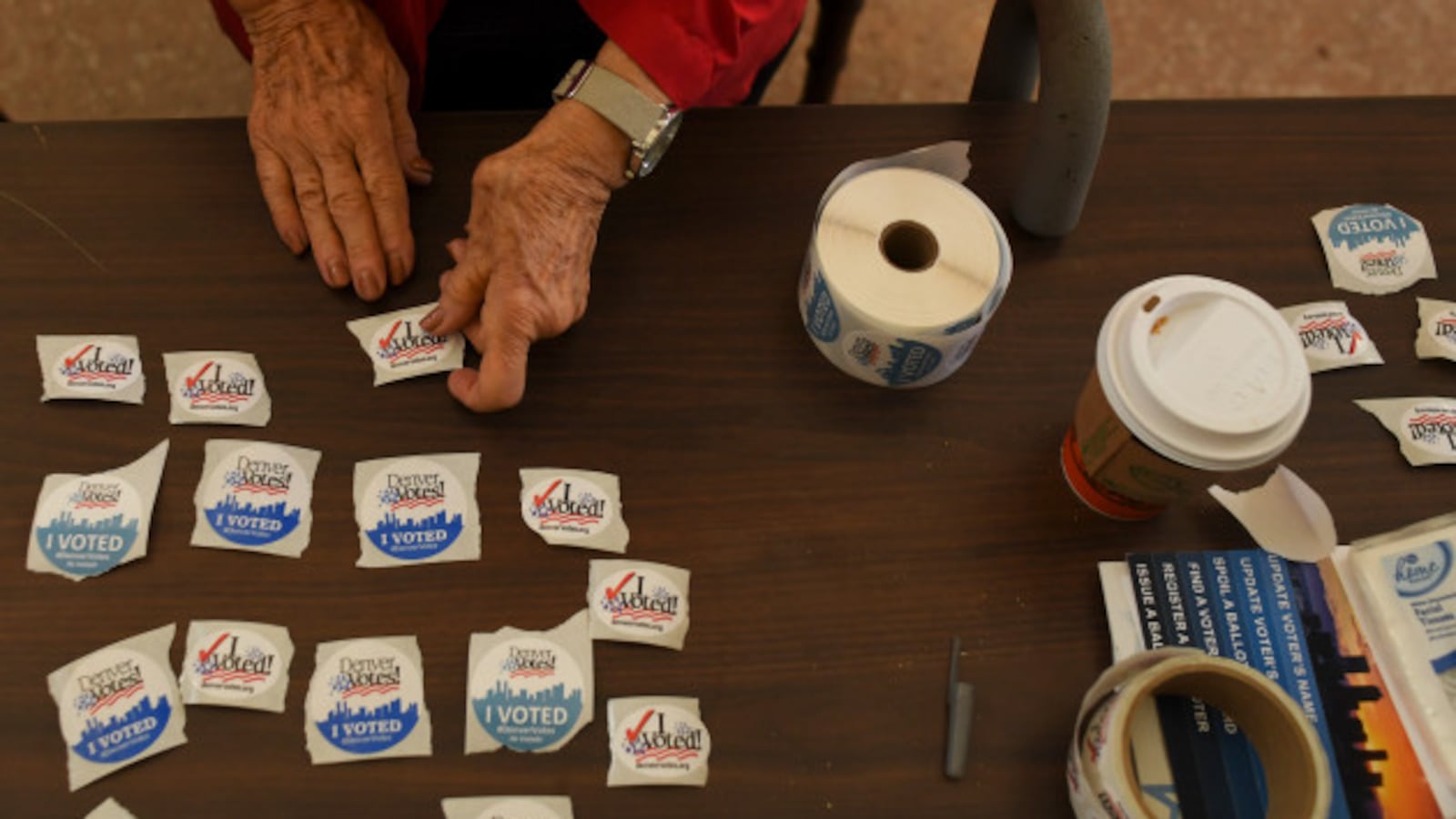Four years after they threw their support behind Bernie Sanders, Democratic voters are again weighing in on who should be the Democratic nominee for president. The 2020 Democratic presidential primary this time involves a new process — and unaffiliated voters will also have a say.
Voters have until Tuesday to return their ballots.
The Democratic presidential primary election comes amid a shift in how many Democratic voters view education policy, partly in reaction to President Donald Trump and Education Secretary Betsy DeVos. Charter schools and tougher accountability laws once enjoyed broad support, but now are more controversial. Candidates have stood in solidarity with striking teachers and are more likely to call for raising teacher pay than for getting rid of low-performing educators.
For voters who care about education issues, there’s plenty to distinguish the candidates. Some are running on their record of supporting education reform, while others want to remove federal funding from charter schools. The candidates have pledged to improve teacher pay, expand preschool programs, and tackle school segregation — or at least encourage districts to do so.
We’ve gathered together the education plans and policy statements of all the Democratic candidates, to help you make your choice.
There are 17 Democrats on the Colorado primary ballot, but only six major candidates remaining as of Sunday. None of them hail from Colorado, with U.S. Sen. Michael Bennet and former Gov. John Hickenlooper both having withdrawn after failing to gain traction.
Those still in the race are: Joe Biden, Michael Bloomberg, Pete Buttigieg, Tulsi Gabbard, Amy Klobuchar, Bernie Sanders, Tom Steyer, and Elizabeth Warren.
This is the first time in several presidential cycles that Colorado is using a primary, rather than a caucus, to assign delegates to presidential candidates. This means you can vote in the privacy of your own home and return your ballot at your own convenience, just like you do in other elections, rather than gather in a high school gym with a few thousand of your friends and neighbors.
There’s another important change this year. Unaffiliated voters can vote in the presidential primary. They received Democratic and Republican ballots in the mail and can choose which one to participate in. But remember: Only vote one ballot!
You can find our 2020 Cheat Sheet on the candidates’ education positions here.
If you need to register or get a ballot, the Secretary of State’s Office can help.


